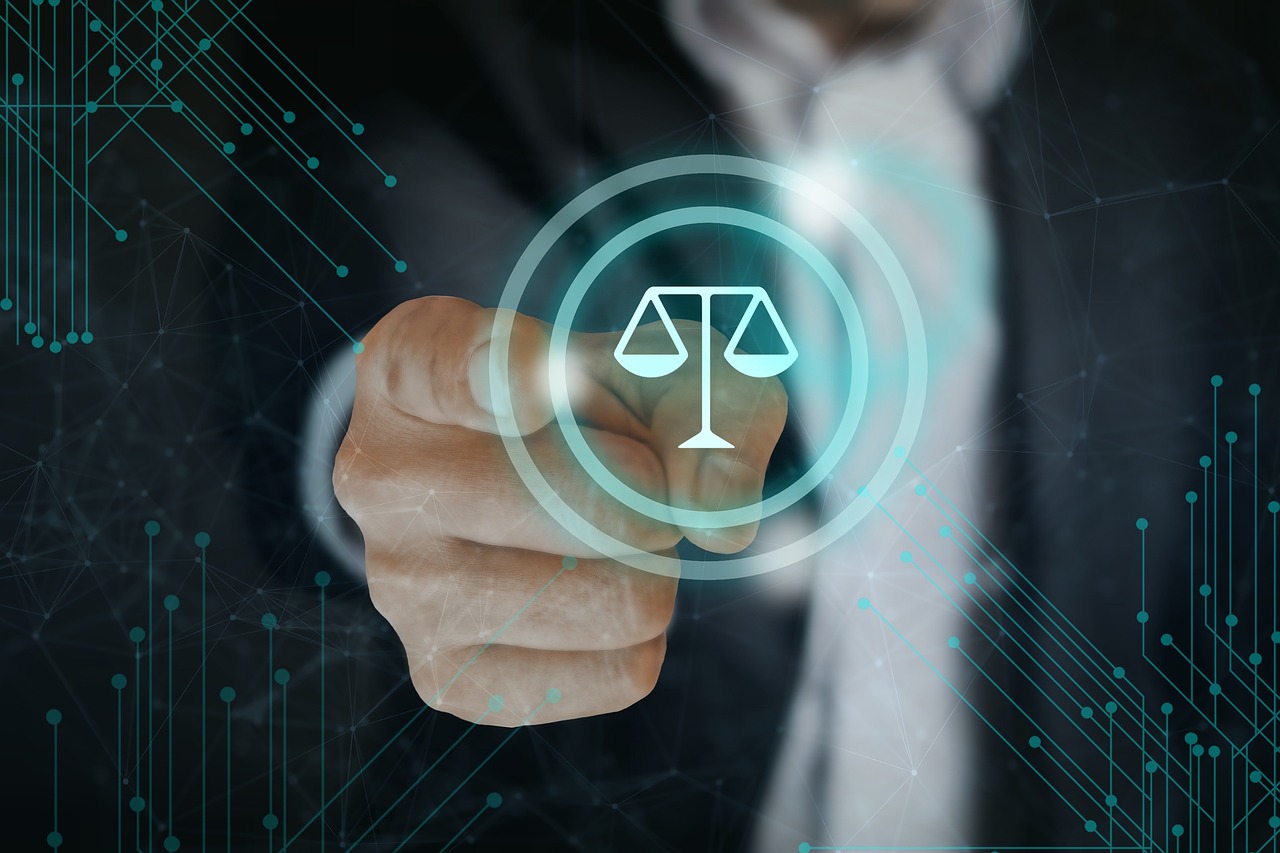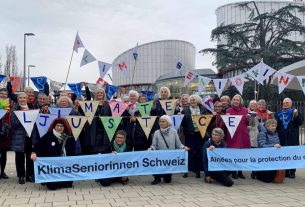Human rights, the rule of law, and political discourse are foundational elements of democratic societies, interwoven to create systems of governance that promote justice, equality, and accountability. Understanding their interdependence is crucial for addressing contemporary challenges and fostering environments where all individuals can thrive. This article delves into each concept, their relationships, and real-world examples that illustrate their implications for governance and society.
Understanding Human Rights
Definition and Scope
Human rights are the fundamental rights and freedoms that belong to every person, regardless of nationality, gender, ethnicity, or religion. They include civil and political rights, such as the right to free speech and fair trial, as well as economic, social, and cultural rights, such as the right to education and an adequate standard of living.
Global Framework and Instruments
The Universal Declaration of Human Rights (UDHR), adopted by the United Nations General Assembly in 1948, serves as a cornerstone for international human rights law. This declaration set out fundamental human rights that should be universally protected. Other key treaties include:
- International Covenant on Civil and Political Rights (ICCPR)
- International Covenant on Economic, Social and Cultural Rights (ICESCR)
These instruments provide a framework for nations to develop laws and policies that safeguard individual rights.
Examples of Human Rights in Action
- South Africa’s Transition: After the end of apartheid in 1994, South Africa implemented a new constitution that enshrined a comprehensive Bill of Rights. This legal framework not only guaranteed civil liberties but also promoted social and economic rights, representing a significant advancement in human rights.
- The Universal Periodic Review: Established by the UN Human Rights Council, this mechanism allows countries to assess each other’s human rights records. It encourages states to improve their human rights practices through peer review and dialogue.
The Rule of Law
Definition and Core Principles
The rule of law is the principle that law should govern a nation, ensuring that all individuals, including government officials, are accountable to the law. Key principles of the rule of law include:
- Equality Before the Law: All individuals are treated equally under the law.
- Legal Certainty: Laws must be clear, publicized, and stable, providing a framework for citizens to understand their rights and obligations.
- Access to Justice: Individuals should have the means to seek justice and have their rights protected.
Importance for Governance
The rule of law is essential for maintaining order and protecting individual rights. It establishes a legal framework within which disputes can be resolved and governance can occur fairly. Without the rule of law, arbitrary governance and abuse of power can flourish.

Examples of Rule of Law
- Post-WWII Nuremberg Trials: The Nuremberg Trials established accountability for war crimes, reinforcing the principle that individuals and leaders can be held accountable under international law. This set a precedent for future international human rights laws and tribunals.
- Rwanda’s Gacaca Courts: After the 1994 genocide, Rwanda established community-based courts called Gacaca to address crimes and promote reconciliation. These courts aimed to restore the rule of law by holding perpetrators accountable while fostering community healing.
The Interdependence of Human Rights and the Rule of Law
Mutual Reinforcement
Human rights and the rule of law are mutually reinforcing. The rule of law provides the framework within which human rights can be protected, while the recognition of human rights informs the creation and interpretation of laws.
Challenges
In many regions, violations of human rights occur alongside the erosion of the rule of law. For example, authoritarian regimes often manipulate legal systems to suppress dissent and violate individual rights. This interplay undermines both the rule of law and the protection of human rights.
Political Discourse and Its Role
Definition and Importance
Political discourse refers to the ways individuals and groups communicate about political issues, policies, and governance. Healthy political discourse is characterized by open dialogue, respectful debate, and the exchange of diverse perspectives.
Impact on Human Rights and Rule of Law
- Raising Awareness: Political discourse can amplify awareness of human rights issues. For example, the #MeToo movement brought significant attention to sexual harassment and assault, leading to changes in policies and laws aimed at protecting victims.
- Encouraging Accountability: Open political discourse can hold government officials accountable for their actions. Investigative journalism and public forums have exposed corruption and human rights abuses, prompting calls for reform.
- Fostering Inclusivity: Inclusive political discourse that embraces diverse voices helps ensure that marginalized groups’ rights are recognized. The advocacy for LGBTQ+ rights has gained momentum through inclusive dialogues, leading to legal reforms in many countries.
Challenges to Political Discourse
Political discourse can become polarized, often characterized by misinformation and hostility. For instance, during the COVID-19 pandemic, political rhetoric around health measures and vaccine mandates became highly charged, hindering constructive dialogue and complicating public health efforts.
Conclusion
The interplay between human rights, the rule of law, and political discourse is essential for fostering democratic governance and promoting justice. Upholding human rights and maintaining the rule of law are critical for ensuring accountability and protecting individuals from abuse. Encouraging respectful and inclusive political discourse can help to raise awareness, foster understanding, and build a more just society.
By recognizing and nurturing these relationships, societies can work towards greater equity, justice, and human dignity for all individuals, ultimately leading to a more vibrant and resilient democratic landscape. The ongoing commitment to these principles is essential for addressing contemporary challenges and creating a future where everyone’s rights are respected and upheld.



